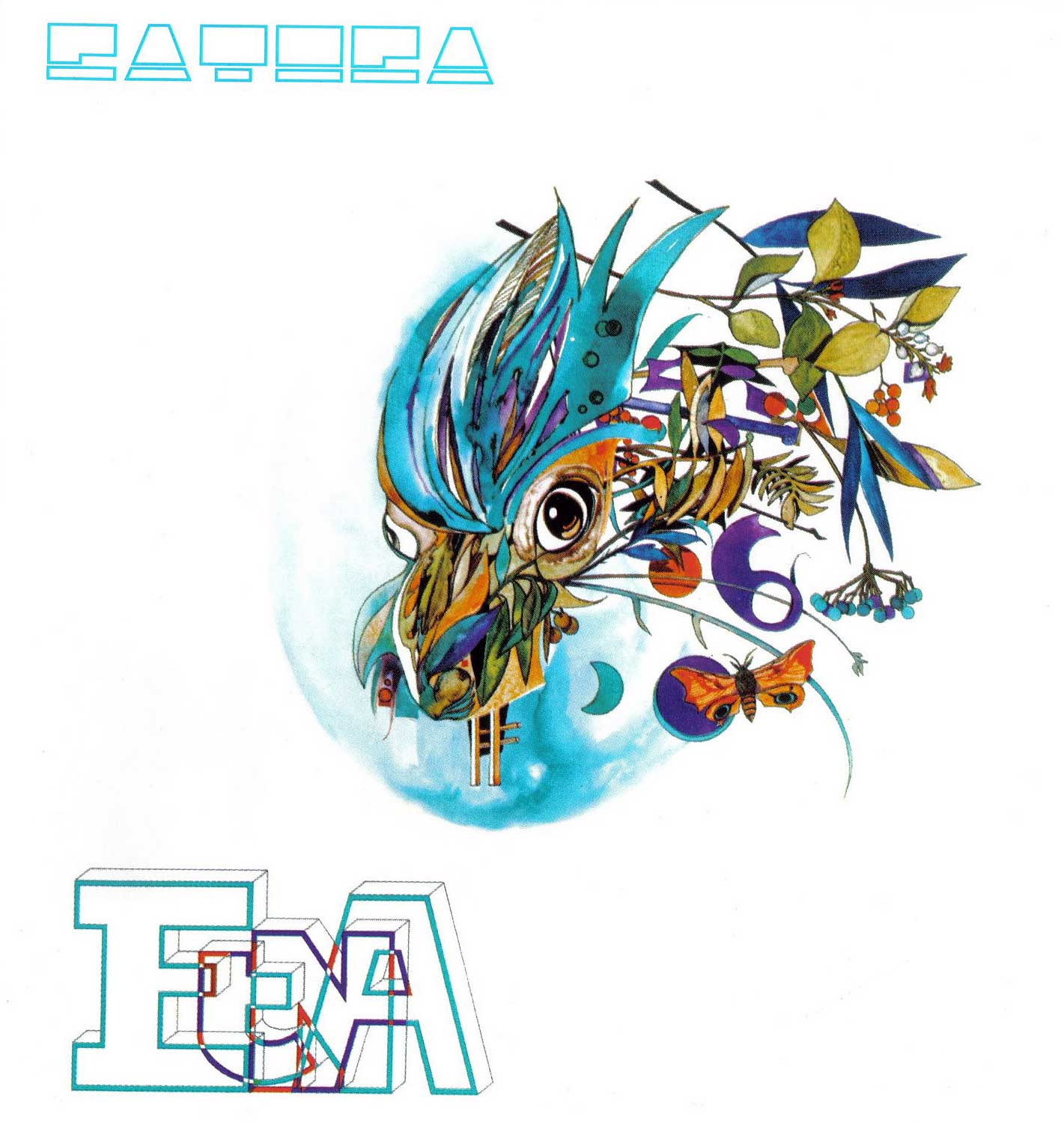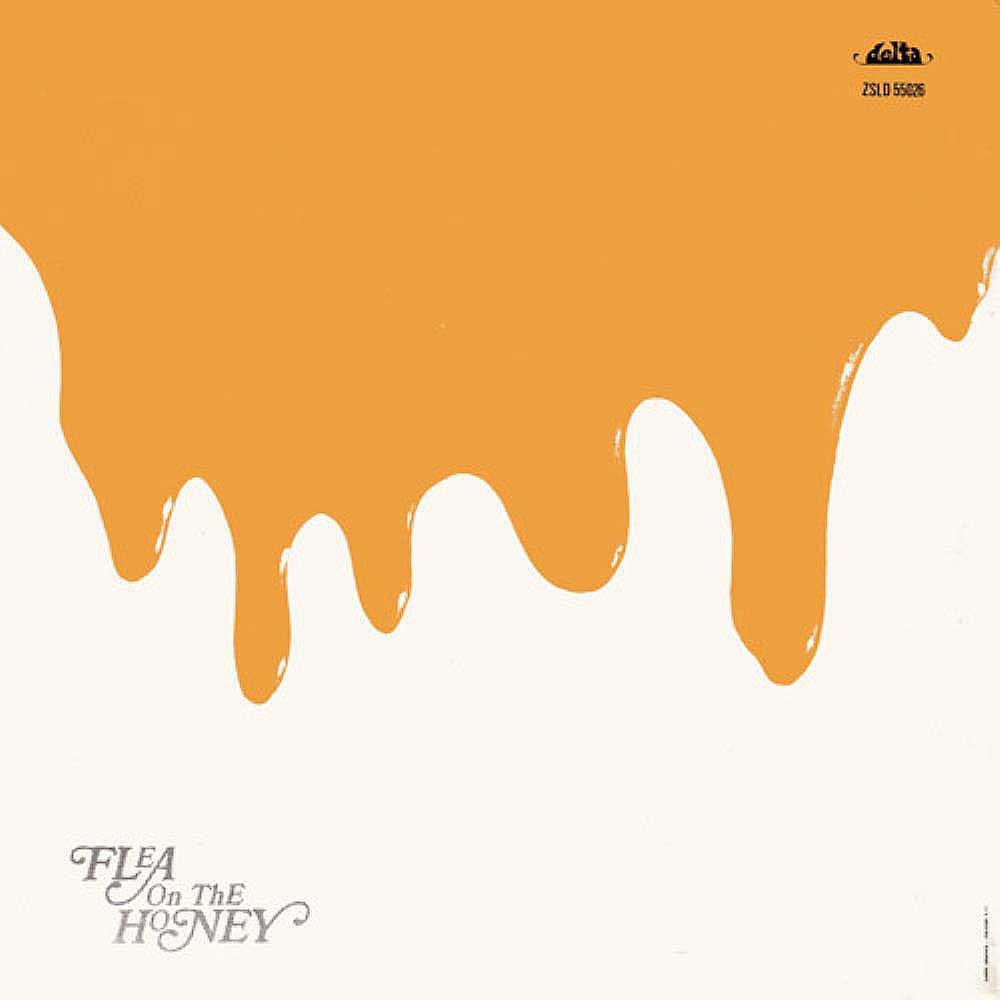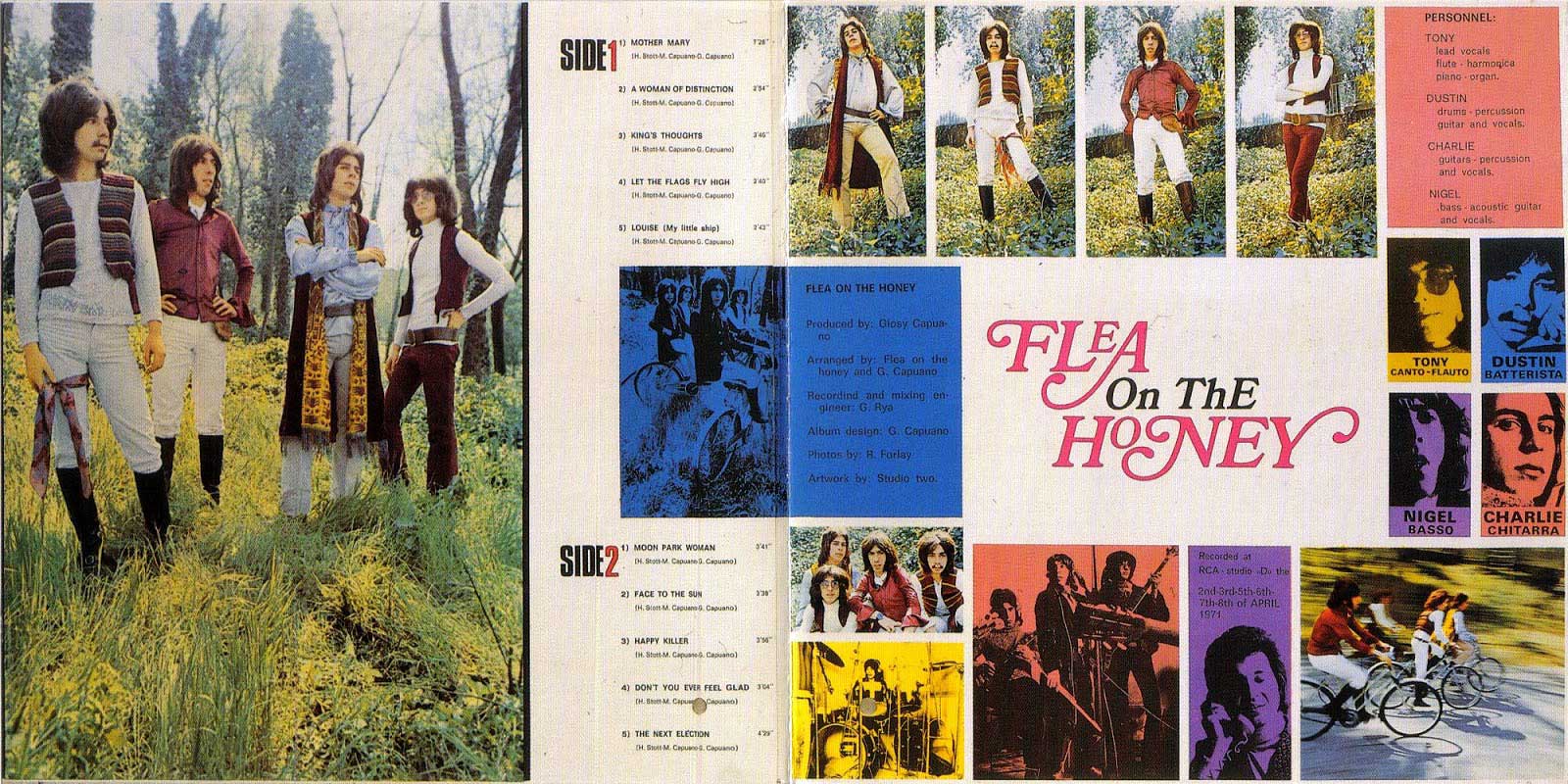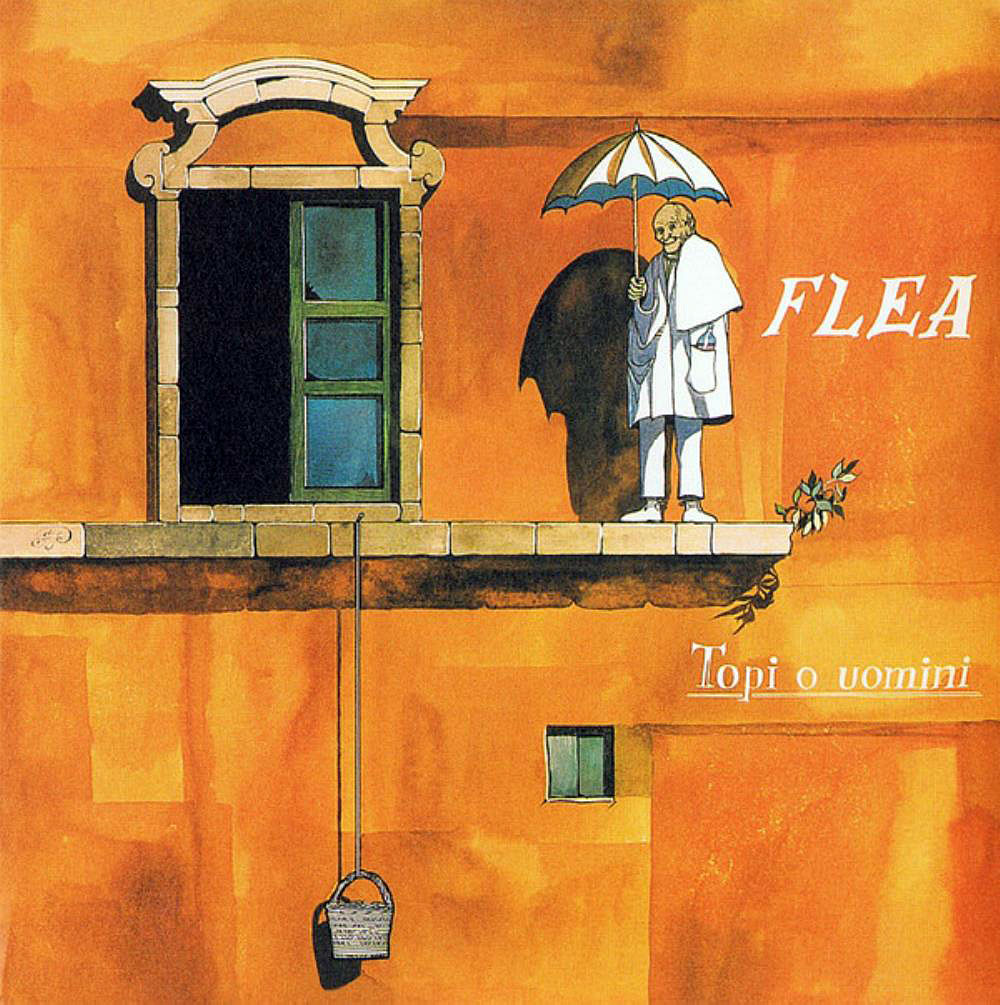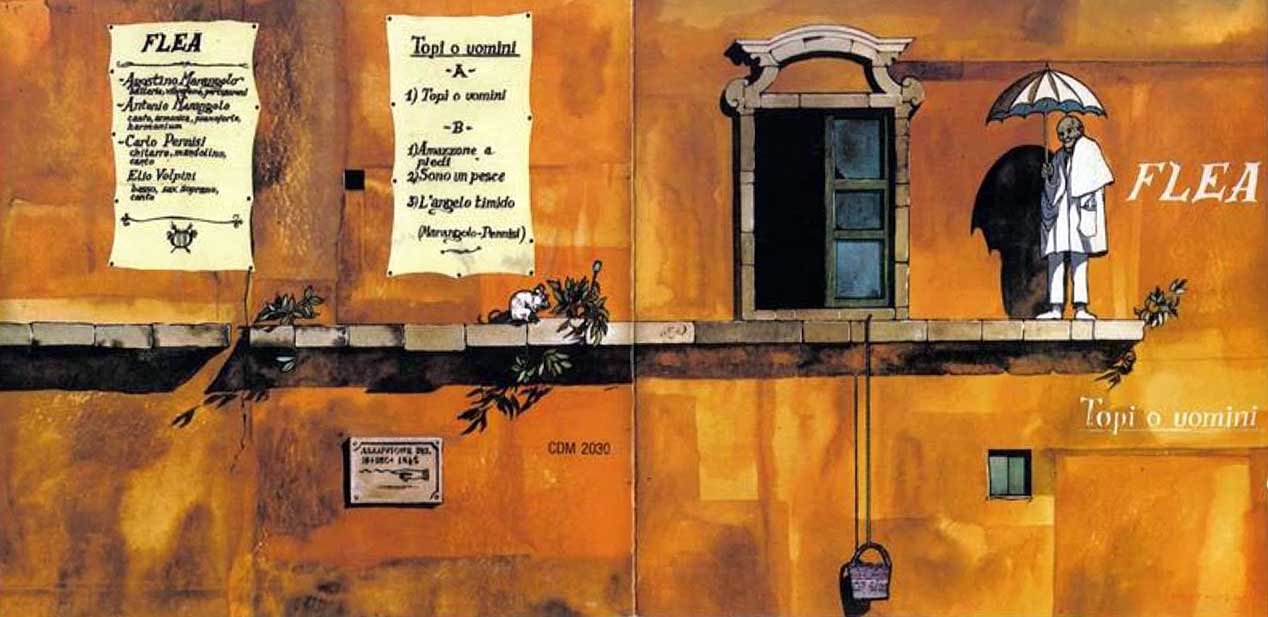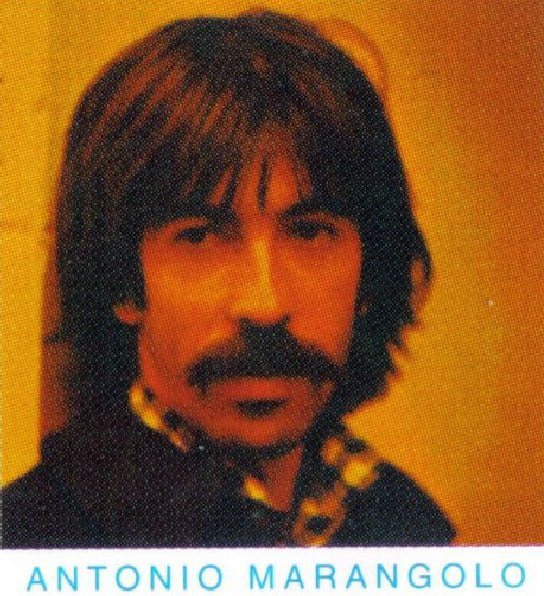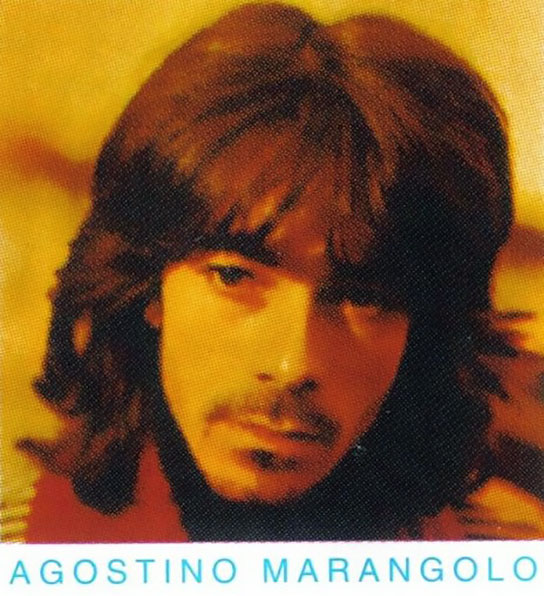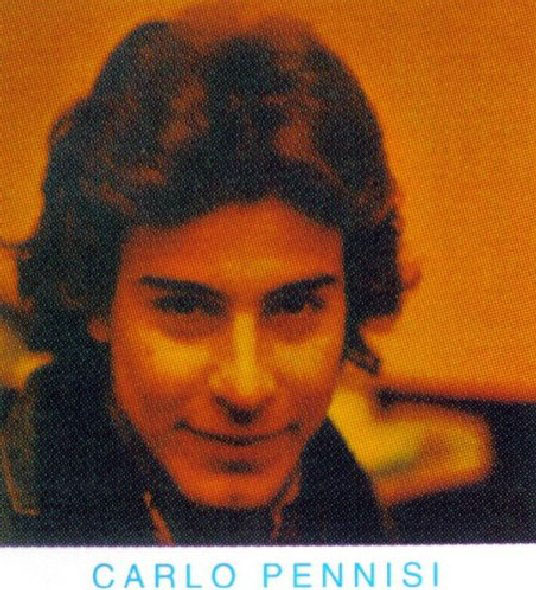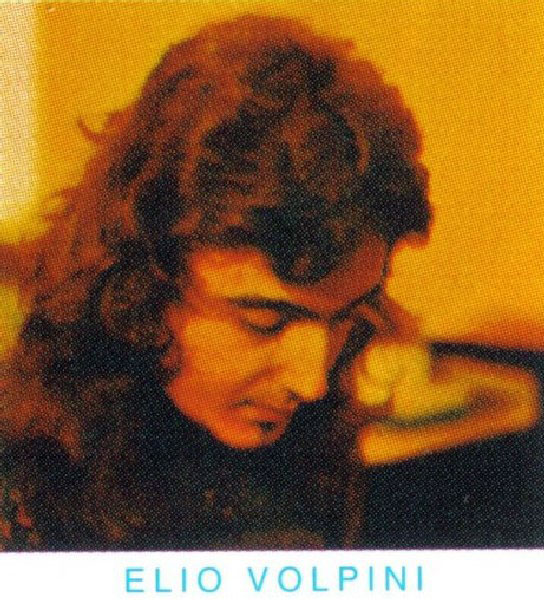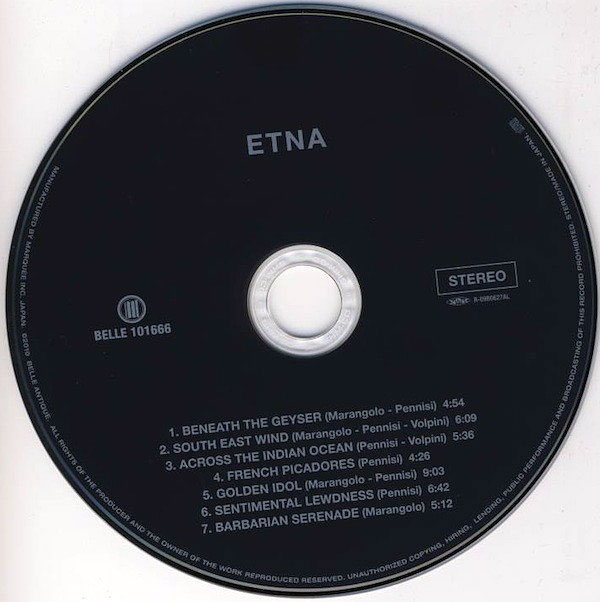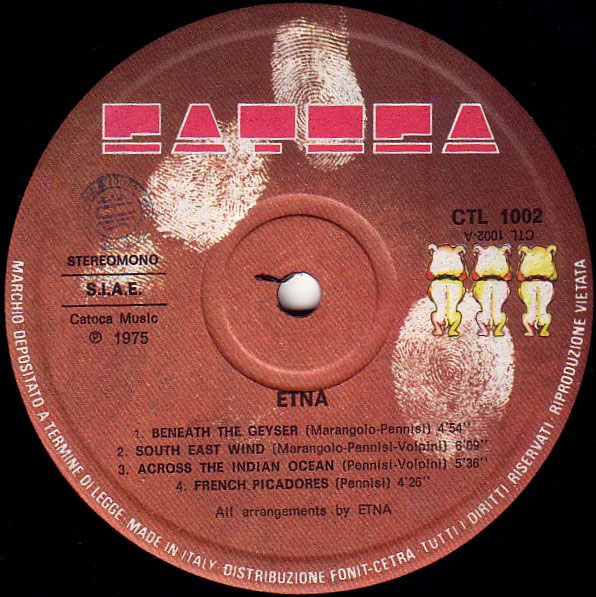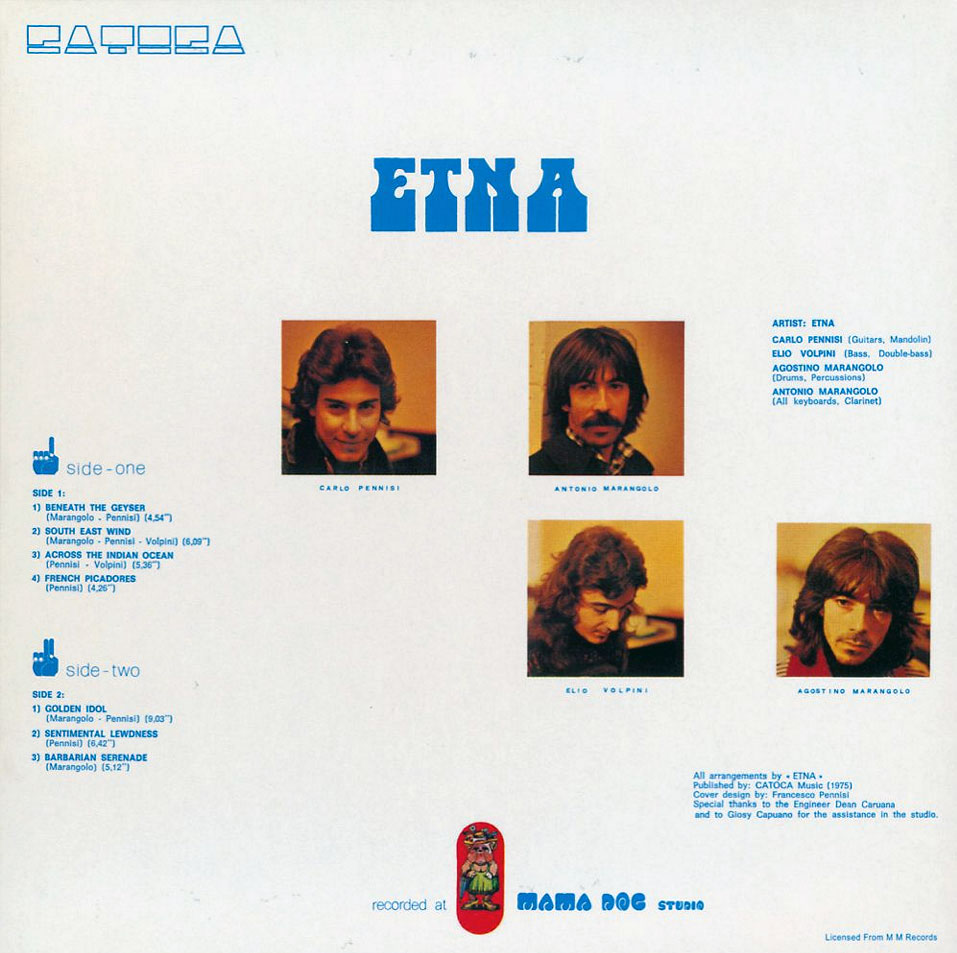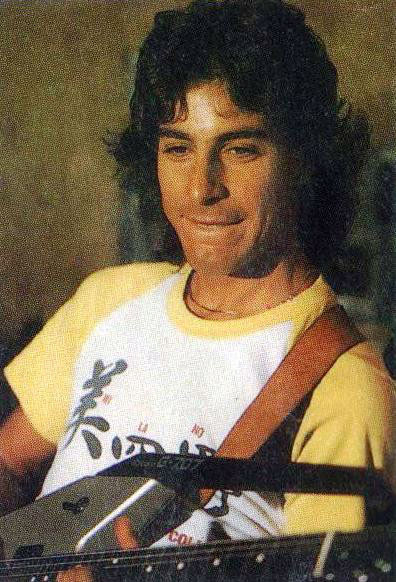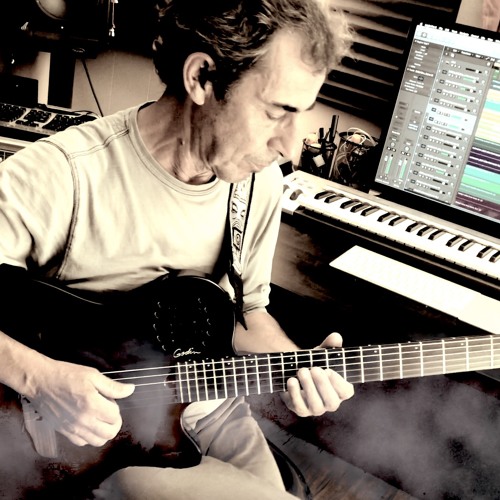”Once upon a time there were three Sicilian boys, two brothers and a cousin, already musically prepared and with their minds in the future. The three boys had a project and to make it happen they called a friend on the bass. “Flea on the Honey” was born.
Lorenzo
It was 1971, the beginnings of progressive rock in Italy, and there was always a great psychedelic vein and, unfortunately, a clear xenophile fashion, which led our guys to choose to use the English language for the name of the project, the lyrics of the songs, liner notes and even their own names.
Beyond this, the album was truly remarkable, both from a compositional and instrumental and vocal executive point of view. The album, released on the microscopic Delta label, will, unfortunately, go virtually unnoticed but will take the three boys to Rome, where they will meet their definitive bassist and this meeting will lay the foundations for the next “Topi o men” (1972). The band name was shortened to “Flea”.
The title of the album gives its name to an epic psychedelic jazz-rock ride of 20 minutes (the entire first side of the album) with remarkable guitar parts in relief that weave absolutely new melodies on a very compact base of great bass and drums, skillfully emphasizing the voice lines.
The second side, of this decidedly more mature work, includes three songs that will highlight all the instrumental skills and inspirations of the four boys, who, just one year later, have given birth to an extremely complex album with jazz, rock, psychedelia and experimentation within it. The lyrics are this time in Italian and we finally discover their real names.
The four boys are Antonio (keyboards, winds and vocals) and Agostino Marangolo (drums and percussion), Carlo Pennisi (guitars and string instruments) and Elio Volpini (bass).
The two Marangolo brothers are known for their collaborations with Goblin (since the time of Profondo Rosso, of which they declare themselves composers of the song Death Dies), Napoli Centrale, Guccini, Paolo Conte, Pino Daniele, Ornella Vanoni and others.
Their cousin Carlo Pennisi, guitarist of great abilities, has worked as a session player on many records, both for Italian prog, commercial groups and solo artists. He has an immense curriculum that includes Libra, Goblin, New Perigeo, Enzo Carella, Nada, Cocciante, Ivan Cattaneo, Alberto Radius, Ivano Fossati, Morandi, Mike Francis, Renzo Arbore, Enrico Ruggeri, Rettore, Renato Zero, De Crescenzo, Paola Turci and even the last part of Rino Gaetano’s career, before heading to the USA where he has lived, played and produced for over thirty years.
Elio Volpini will first enter the prog band L’Uovo di Colombo with Tony Gionta, former Goblin and Cherry Five. And he will play with Claudio Lolli and dozens of other bands, carrying out his project on Jimi Hendrix who will see him from now on guitar.
But it is with the third work that the guys will finally come to light for those highly skilled musicians that they are and who will from then on face careers as session workers for the great Italian professionals.
The album was recorded at the Catoca studio in Rome in a week, under the name of Etna, and contains some absolute pearls of Jazz Rock, perhaps inspired by Weather Report and Return To Forever as a starting point, but with completely personal and absolutely Mediterranean flavors and musicality.
The seven instrumental pieces that make it up are of the highest caliber, with at least five possible hits in the field of jazz-rock.
In this album you can find the highest synthesis of fusion between rock, jazz, progressive, experimentation, skillfully mixing modern, classical and Mediterranean traditional instruments with vocalizations and assonances and dissonances of Italian cultural area.
The sound is perfect, crisp, very warm, smooth but also aggressive where it needs to be. The execution is perfect, the use of special effects is total classy, never overwhelming, as well as the solos, which are exclusively functional to the overall project and never egotic.
In my opinion, on this record you can enjoy some of the most beautiful Stratocaster lines and sounds, Pennisi’s class is undoubted but the whole ensemble is really noteworthy and it is hard to believe that they are still young, so much the compositions and performances are admirable that one is convinced to be in front of seasoned professionals.
The pieces follow one another incessantly, rich in descriptive atmospheres that run through emotional pictures of all kinds, from the drama of “Beneath the Geyser” to the romanticism of the splendid “Barbarian Serenade”, which ends with a flourish with its epic finale led by Pennisi’s mandolin.
Marangolo’s drumming is a perfect, powerful and nuanced engine. Volpini’s bass is bombastic, precise and sculpted. Antonio Marangolo’s keyboards and winds are always perfectly descriptive and chiseled. Pennisi’s guitars bite and caress at the same time, never overabundant, chasing imaginative phrases and weaving perfect atmospheres.
We can only recommend listening to this masterpiece, one of the rare times that this definition can be used with complete peace of mind, without fear of any exaggeration.
Listen to the album “Etna”
Side 1
1. Beneath the Geyser – 3:56 (Marangolo, Pennisi)
2. South East Wind – 6:10 (Marangolo, Pennisi, Volpini)
3. Across the Indian Ocean – 5:36 (Pennisi, Volpini)
4. French Picadores – 4:26 (Pennisi)
Total time: 20:08
Side 2
1. Golden Idol – 8:59 (Marangolo, Pennisi)
2. Sentimental Lewdness – 6:42 (Pennisi)
3. Barbarian Serenade – 5:14 (Marangolo)
Total time: 20:55
Producer – Mario & Giosy Capuano

